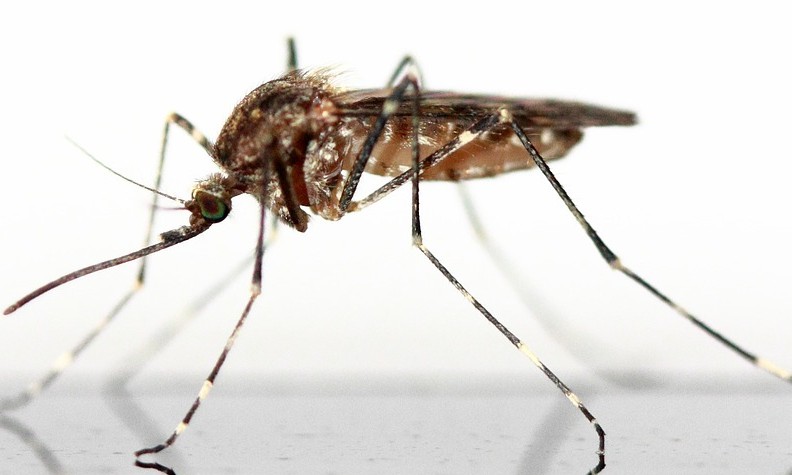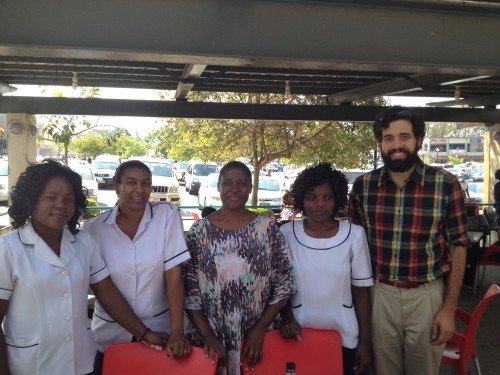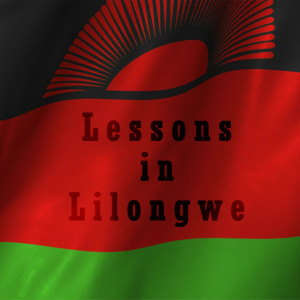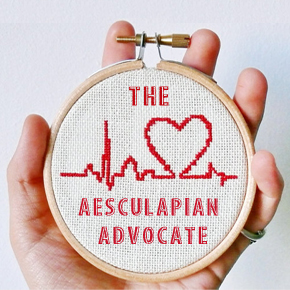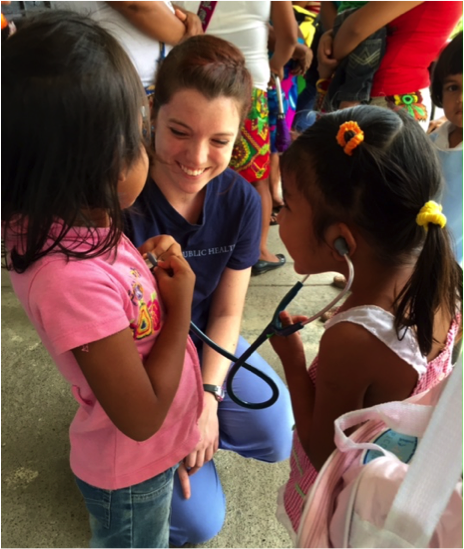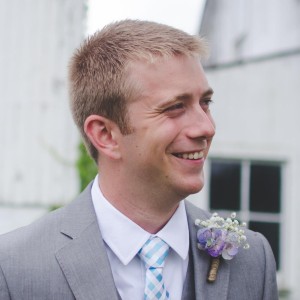A Primer on the Zika Virus
If you’ve had the chance to look away from your class notes and at the news over the past few weeks, you’ve undoubtedly heard about the Zika virus. You may have even had family members ask about the virus and if you, as a future health care provider, are concerned about the recent outbreaks. Consider this your SparkNotes for the Zika virus.



